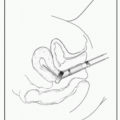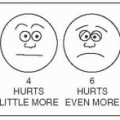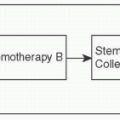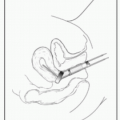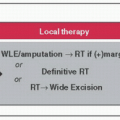Cancer Complications
TUMOR LYSIS SYNDROME
Jarett L. Feldman
Matthew J. Matasar
Cairo and Bishop Classification System for TLS (Br J Haematol 2004;127:3)
Lab TLS: (Abnormality in ≥2 of the following when assessed w/in 3 d before or 7 d after the initiation of cytotoxic Rx)
UA >8 mg/dL or 25% increase from baseline
Potassium >6 mEq/L or 25% increase from baseline
Phosphate >4.5 mg/dL or 25% increase from baseline
Ca <7 mg/dL or 25% decrease from baseline
Cardiac arrhythmia or sudden death
Seizure
Common Malignancies Associated with a High Risk of Developing TLS in Adult Patients
Risk Factors: (Br J Haematol 2010;149:578; N Engl J Med 2011;364:1844)
Monitoring
Prophylaxis (DeVita, Hellman, and Rosenberg’s cancer: Principles & practice of oncology 9th ed. Lippincott Williams & Wilkins, 2011; Br J Haematol 2011;154:3)
Ppx is key:
Management (J Clin Oncol 2008;28:16)
Hyperkalemia:
Clinical s/s:
Asx, cardiac dysrhythmia or ECG changes, muscle cramps, paresthesias, nausea, vomiting, diarrhea & sudden death
Tx Options:
Hyperphosphatemia:
Hypocalcemia:
Clinical s/s:
Tx Options:
Hyperuricemia:
Clinical s/s:
Asx, acute renal failure
Tx Options:
Allopurinol vs. Rasburicase:
|
METABOLIC EMERGENCIES
Alexander N. Shoushtari
Hypercalcemia: Overview
Epidemiology: At least 20% of all pts w/malignancy; both solid (eg, breast, lung) or hematologic malignancies (eg, MM, NHL, HL, leukemia).
Stay updated, free articles. Join our Telegram channel

Full access? Get Clinical Tree


